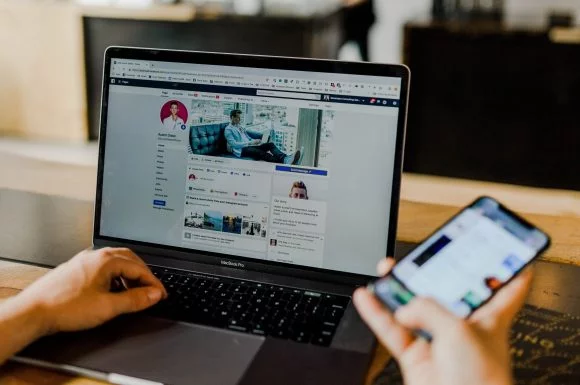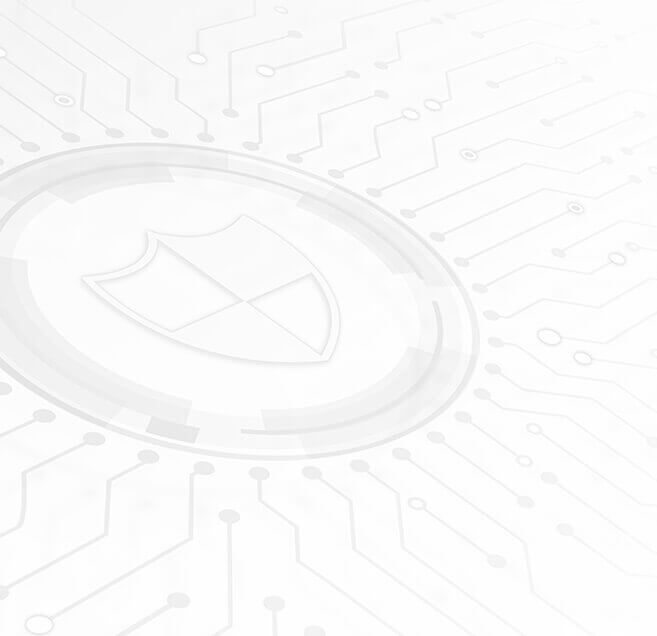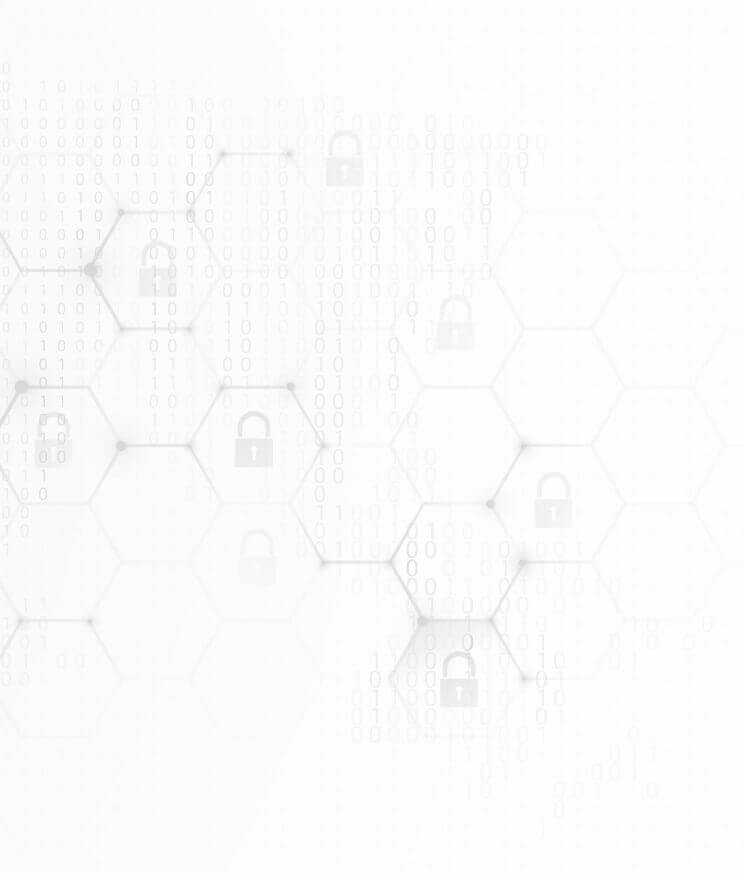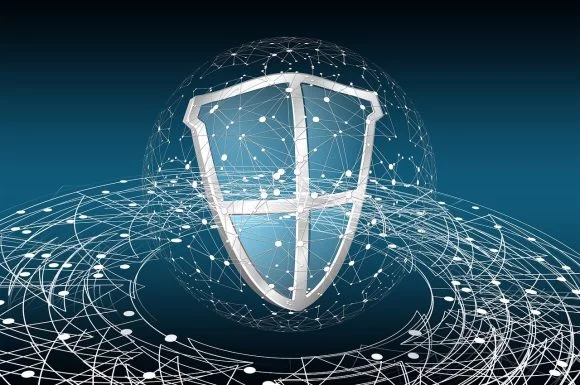
Nowadays most people go online everyday, but are you aware of the types of personal data that is being collected while you browse? Once it is out there, do you know how to protect your personal data from falling into the wrong hands? In this blog, we’ll explore crucial tips for safeguarding your personal data online, and highlight types of data that you may not realise can be held about you online.
What Data Can Be Collected About You Online?
You are likely aware that the personal data you submit online is being collected, for example your name or email address. However, you may not realise there are other types of data being collected in the background while you browse. These include:
(1) Browsing History
Many websites will track your online behaviour, including the sites you visit, and the products you look at. They use this data to create targeted ads and gain insights into your preferences.
(2) Geolocation Data
Many websites and apps will request access to the location services of your device. They can then track your whereabouts for various reasons, including again, targeted ads.
(3) Social Media Activity
Social media platforms often collect a variety of data about what you do while using them, ranging from the content you like, and the profiles you visit. They can use this information to build a detailed profile of your interests and provide targeted recommendations.
(4) Online Shopping
Websites often gather information about your shopping habits, including the products you bought or even just viewed. This information is used to formulate the ‘Recommended for you’ product recommendations you’ll often see when logging in.
(5) Email Content
This is a big one that many people don’t realise is happening. Your emails are not one hundred percent private, as email providers may scan the content of your emails to create targeted ads.
Tips to Protect Yourself and Your Personal Data
Now that you’re more aware of what you are sharing online, how can you make sure your personal data is protected?
(1) Use Appropriate Passwords
One of the first and most fundamental steps to protect your personal data is maintaining strong and unique passwords. Avoid using easily guessable information like birthdays or names, instead utilise a mixture of upper and lower-case letters, numbers, and special characters. Password managers can be a big help when trying to handle a variety of passwords for all your accounts. For more detailed advice, take a look at our previous blog post: Password Security Unwrapped
(2) Enable Two-Factor Authentication (2FA)
You should enhance your online security by enabling 2FA wherever you can. This adds an extra layer of protection, requiring both your password and a secondary authentication method, like a code sent to your phone. This small extra measure will greatly reduce the risk of any unauthorised third parties gaining access to your accounts, and thus to your private personal data.
(3) Keep Your Software Up To Date
Ensure you regularly update your operating system, software, and applications. Criminals will often target outdated systems, as they are less secure.
(4) Raise Your Phishing Awareness
Phishing attacks are a widespread issue, and being vigilant to them is essential to avoid facing problems when operating online. Be very cautious when you receive unsolicited emails, especially any that request information or direct you to click any links. Ensure you are certain of an email’s legitimacy before taking any action. Good steps to take include:
- Checking the email address:
Criminals will try to mislead you with an account name and layout that looks familiar, but the email will be slightly different. - Checking the spelling:
Domain names can be bought by anyone but cannot be copied, so a phishing email will often replace a single letter to try and look similar to a familiar domain. - Checking for anything you think is unusual:
This can include your boss asking for money out of the blue, or an offer for you that seems too good to be true (it probably is)!
(5) Protect Your Home
While we often only hear about hackers affecting public or business networks, you can also be at risk on your home network. Some tips to beef up your at home security include changing your router’s default login credentials and creating a strong new password. For more information on the benefits of this, check out our previous blog post: Weak Router Passwords are a Hacker’s Best Friend
(6) Be Careful Using Public Wifi
Public Wifi networks are convenient, but can be risky. Hackers can often intercept data transmitted using these open networks. Wherever possible, avoid using these networks to access or share any sensitive personal data, or anything you would not want to risk falling into the wrong hands.
Conclusion
In conclusion, the decision to share information about yourself online is not always an active one; there’s a lot more going on in the background, and you may be sharing more than you realise. It’s important to always be aware of what information of yours is online, and make sure it’s adequately protected.
If your organisation needs help protecting any sensitive information, we are here to help! Get in touch with us to find out more.





